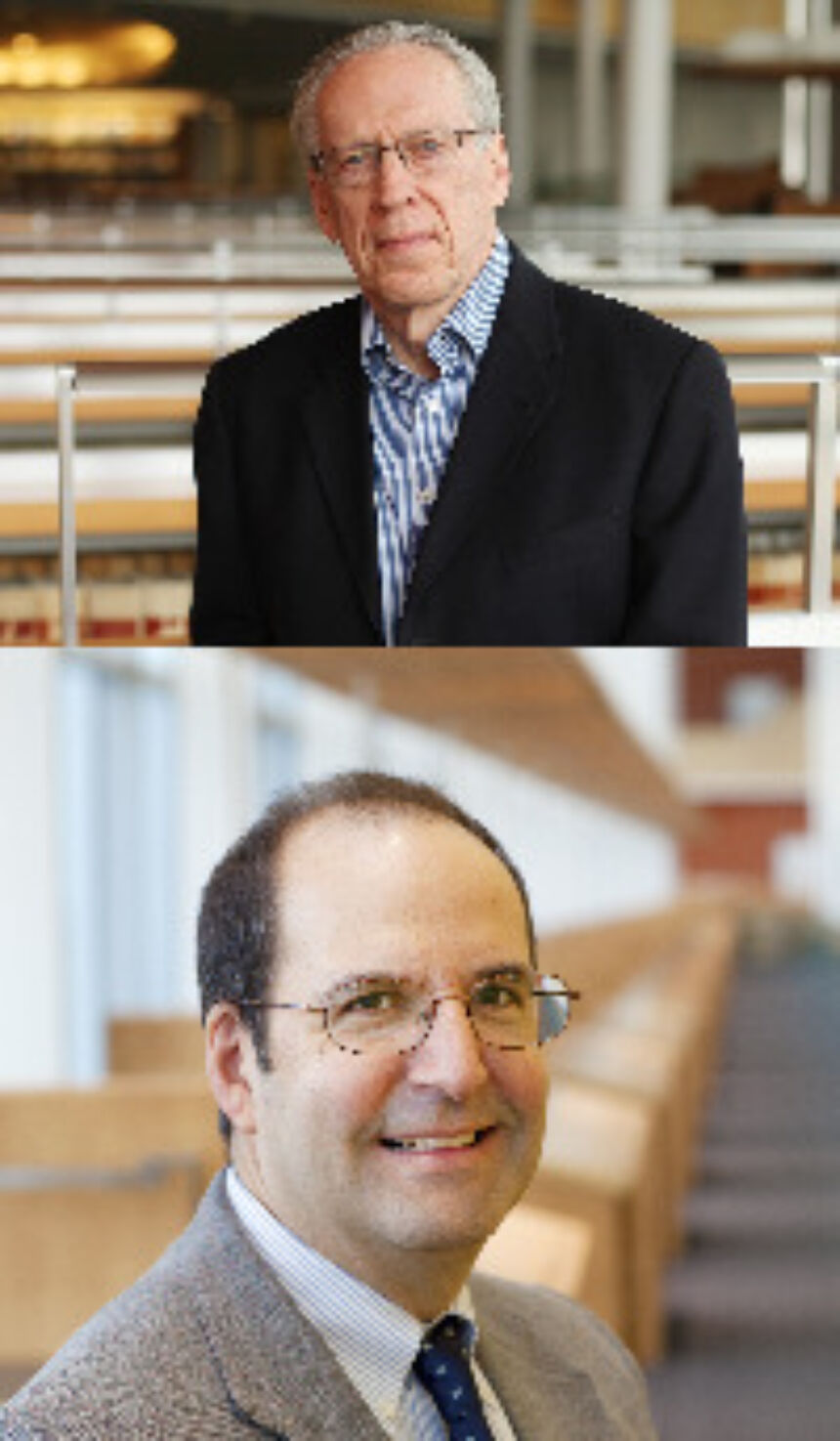September 15, 2015
Counterterrorism publication includes contributions by two SIA professors

A special issue of the CTX Journal includes an introduction written by Penn State School of International Affairs director Scott Sigmund Gartner and and an article by SIA professor and retired U.S. ambassador Dennis Jett. Penn State Political Science professor James Piazza also contributes the journal’s special edition.
CTX Journal, an influential online policy journal dealing with counterterrorism, published the special issue titled “Net Assessment 2.0” this month.
In the introduction, which discusses how the U.S. was not prepared for the rise of ISIS, Gartner encourages the U.S., in its strategic policy development, to assess ISIS and other non-state violent organizations.
“Net assessment looks at the strategic match between the two sides’ strengths and weakness,” he writes. “Integrating highly disparate factors into a single calculation represents a considerable challenge. But without assessments, it is impossible to adopt and adapt effective security policy.”
In Jett’s contribution, titled “Trapped by the Paradigm: Why Net Assessment May Not Contribute to Countering Terrorism,” he argues that the process of net assessment is sometimes too broad and can lead to incorrect determinations. He suggests fine tuning the process to get correct and more specific results.
“The answers are not as important as the process we use to determine them,” Jett writes. “If the process leads to asking the wrong questions, however, those answers will not matter either, and they could lead to short-term tactical successes that culminate in long-term strategic failure.”
However, even if the net assessment process is applied correctly, Jett is still skeptical that it will work in developing a strategic plan. He reminds readers that a terrorist organization is not a state and therefore is without a military or heavy weapons systems. Terrorist organizations also come and go, and their tactics change. These qualities of terrorist entities make evaluation of long-term trends of the organization challenging.
In Piazza’s contribution, Characteristics of Terrorism Hotspots, he defines terrorism, and lists the five factors that cause terrorism. Knowing what types of countries are more likely to experience terrorism is the basis and starting point for conducting a net assessment of the environment in which terrorist activity occurs, he argues.
“Understanding which countries are terrorism-prone—what might be called ‘terrorism hotspots’—helps experts understand the conditions that are conducive to terrorist activity,” Piazza writes.
Gartner is a scholar of conflict mediation and empirical studies of war. His research focuses on the intersection of foreign and domestic politics, U.S. national security, wartime assessment, and third-party mediation. He is also the senior adviser for Net Assessment of Violent Non-state Actors supporting a U.S. federal government agency.
Jett, former ambassador to Mozambique and Peru, joined the School of International Affairs after a career in the U.S. Foreign Service that spanned 28 years and three continents. His experience and expertise focus on international relations, foreign aid administration, and American foreign policy.
Piazza, who also directs the Department of Political Science Graduate Program, focuses his research and teaching on international politics, international security, terrorism, and political violence. His published research has examined several themes including the socioeconomic roots of terrorism, minority rights and terrorism, and the impact of political regime type, political stability, religion, human rights, and state repression on terrorist movements and terrorist activity.
